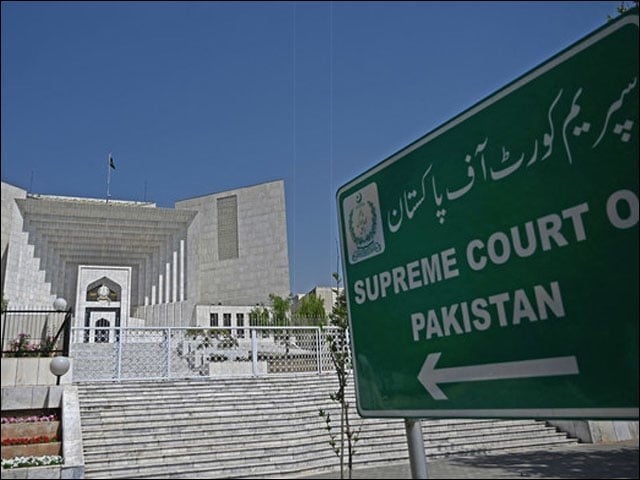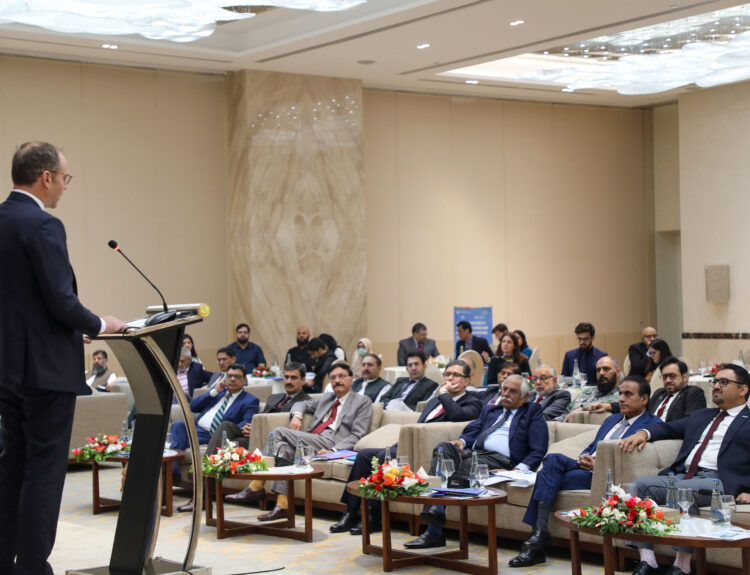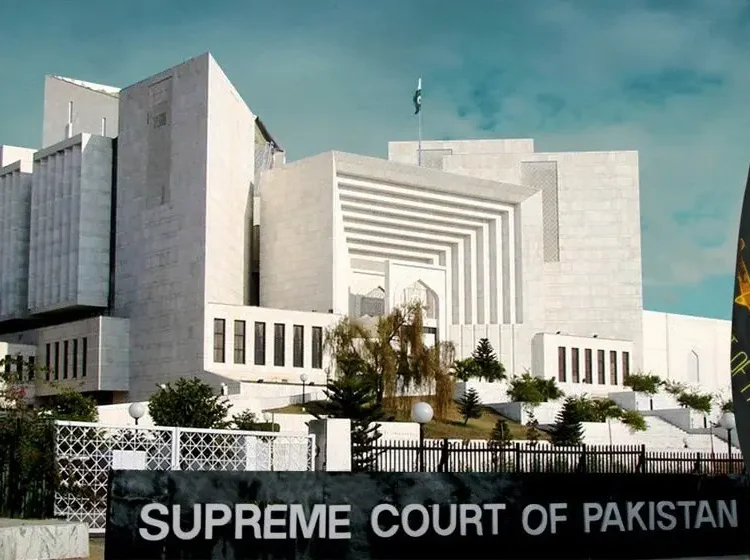First time in the history on Monday the top court has launched online feedback form inviting suggestions from litigants, citizens, lawyers and judges to enhance service delivery as a part of reform initiatives.
First time in the history on Monday the top court has launched online feedback form inviting suggestions from litigants, citizens, lawyers and judges to enhance service delivery as a part of reform initiatives.
Registrar office of the Supreme Court stated that it is part of ongoing judicial reforms aimed at improving service delivery and broadening access to justice in the country. Chief Justice of Pakistan Justice Afridi has been briefed on the recently launched online form as part of the reform initiatives which is available on the top court’s official website (https://scp.gov.pk/Feedback.aspx).
As part of the ongoing judicial reforms aimed at improving service delivery and broadening access to justice, the Chief Justice of Pakistan (CJP) Justice Yahya Afridi, presided over a key session on Monday at the principal seat of Supreme Court at Islamabad.
Mohammad Aurangzeb Khan, a representative of the Supreme Court Bar Association, Muhammad Salim Khan, Registrar, Supreme Court, Sher Shah, a distinguished development expert, and other core team members attended the meeting.
The session’s agenda centered on reviewing progress in pivotal reform areas, including advancements in IT infrastructure, case management improvements, human resource optimization, capacity building, training programs, and the establishment of feedback mechanisms to engage stakeholders, including the general public.
During the meeting, the Chief Justice emphasized that these reforms aim to bring transformative changes across all levels of the judiciary, beginning with the Supreme Court and extending to lower courts. Acknowledging the vital role of inclusivity and collaboration, he highlighted the importance of gathering feedback from diverse stakeholders—judges, lawyers, litigants, and citizens.
The CJP expressed satisfaction with the progress made in the reform domains and commended the team for their dedication and efforts in driving these initiatives forward. The session concluded with a renewed commitment to fostering an inclusive, efficient, and transparent justice system.




